20th Annual Orange County Drug-Free Coalition Redefining Recovery Conference
Understanding Gen Z
Gen Z are those born between the years (1997-2015). They are the “digital natives,” meaning they are the first generation who don’t know a world without the internet. It’s no secret that Gen Z has a totally different landscape than their parents did, growing up with technology that connects you to all information and all people instantaneously sounds like utopia, but it brings with it a very unique set of mental health challenges. Lindsay Bettis from Advanced Recovery systems led a presentation on Gen Z and what mental health professionals should know when treating these very unique individuals.
We learned some of the characteristics that define Gen Z, those being that Gen Z is the most ethnically diverse, most educated, and most likely generation to seek help for mental health issues we’ve ever had. Gen Z is keenly aware of social issues and stigmas and responds well to authenticity and education. With the amount of information that the internet provides, they are able to learn about other people’s perspectives, the mental health landscape, and pretty much anything you could imagine using only a smartphone.
With all that information in their head, there are certain things that they are able to see right through. Stigma, threats, and general closed-mindedness are going to make it very difficult to get through to a person from Gen Z. This means it’s very important for a mental health provider to be up-to-date with the social and cultural environment that Gen Z is so keenly aware of. Social media is a huge part of adolescent life and it can have some huge consequences on self-image. Without a reference to that aspect of the Gen Z lifestyle, some of the thought patterns that are prevalent among them might be foreign or hard to understand.
It’s Just Marijuana
Cannabis seems to be in a state of cultural transformation these days. From illicit drugs viewed by many as impure or wrong, to a sort of medicinal treatment for certain conditions, to a somewhat acceptable recreational psychoactive substance. The one aspect of cannabis that hasn’t wavered is that the mental health world is trying hard to understand how to treat the dysfunction that can accompany its use.
Denny Kolsch of St. John’s Recovery Place led a very insightful presentation on cannabis use disorder and his experience treating adolescents who struggle with it. It isn’t always difficult to determine whether or not a person has cannabis use disorder, especially when there are clear guidelines by organizations like the American Psychological Association. The more difficult issue is treating those behaviours in the context of a brand new social perspective. There aren’t a lot of definitive studies to point to when it comes to discouraging a person who is dependent on cannabis use as a coping mechanism.
While the issue might seem obvious to a practitioner, without the scientific research to discourage use the way that nicotine or methamphetamine has it might make more sense to reference this lack of research not as proof of cannabis’s healthfulness but more as a gap in our confidence in understanding it. That being said, the really convincing reasons for discontinuing cannabis use are how it affects an individual person.
Denny referenced something he calls the ‘backwards approach’ where instead of focusing treatment on discontinuing cannabis use directly, one would center the treatment on developing the skills that the cannabis use replaces. Oftentimes these are boredom, lack of emotional coping skills, distress tolerance, or even suicidality. Denny mentioned that it makes more sense to fill the gap before moving cannabis out of it.
What is Shame?
Many mental health professionals in the realm of addiction recovery believe that shame is a pivotal aspect of the addictive spiral. The relationship between feeling bad and making a decision that harms you is usually the fuel by which the addiction thrives. So, how does a mental health professional unmask the shame so as to help a patient in recovery? Well, Sandra Stanford from Charis Counseling Center gave us some poignant information on shame that could inform our exploration of that subject.
Shame typically signals adrenal glands to release cortisol or ‘the stress hormone,’ which gives us that powerful rush of discomfort. From there we typically avoid eye contact, our heart rate elevates, and our major arteries constrict. Our prefrontal cortex or ‘our brain’s CEO’ goes offline and we have a hard time responding to our environment without hasty reactive behaviors getting in our way. Sandra pointed out that the difference between shame and guilt is whether we feel like we “are a mistake” or if we feel like we “made a mistake.” The difference is that guilt can inform our future decision making whereas shame is a perception of ourselves as inherently flawed.
Another powerful piece of information that Sandra shared with us is that perfectionism, a very common problem these days, is a symptom of strong shame. The attempt to achieve perfection is the avoidance of shame. Somehow the perfectionistic mind believes that anything beneath the ideal is unacceptable and nearly every self-assessment leaves unworthiness in its wake.
It seems that shame is self-rejection, so perhaps our freedom from shame lies in its counterpart self-acceptance. Sandra shared with us that when we see shame ‘I can’t stay in my pajamas all day, I need to be doing something’ that instead of self-rejection we should accept ourselves. Perhaps we should permit ourselves to have imperfect moments and be conscious of where we put ourselves down. Sandra believes that if we can understand shame in general and particularly in ourselves, that we can be ready when our patients come to us with strong shame.
Peer Support
Peer support workers are people in recovery who have achieved long-term sobriety and done significant work on their mental health who offer themselves to recovery programs as mentors and coaches. Dr. Mike Ronsisvalle led a presentation on peer support and why he believes it can be a powerful tool in any recovery program. Dr. Mike specified that there was an important boundary between peer support and therapy however and that we can’t allow for a person without a license to offer counseling or therapy. That being said, peer support workers can be very impactful since they are so relatable and truly understand the disease of addiction because they experienced it firsthand.
Curated and written by Greg Warnecke


